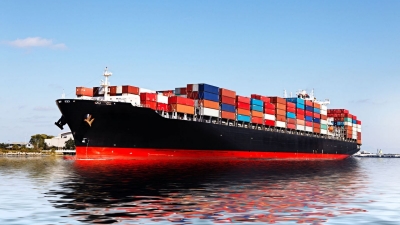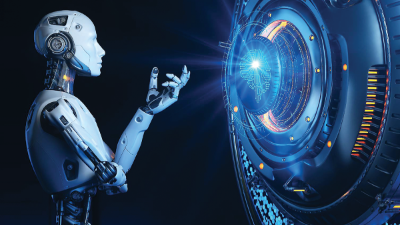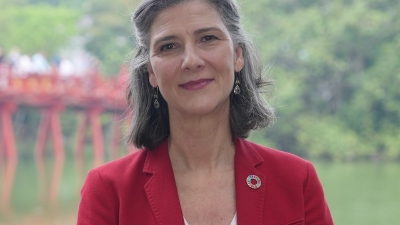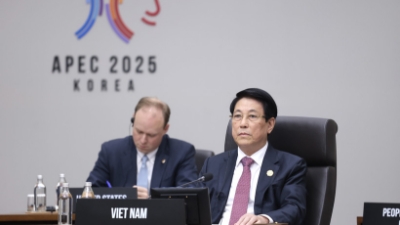In a bid to accelerate its ambitious infrastructure development goals, Hanoi is fast-tracking investment procedures for two metro lines and two bridges across the Red River.
This move comes as the city strives to disburse at least 95% of its allocated public investment funds in 2024 and 2025, a significant increase from previous years.
Sluggish Public Investment
Despite the push for accelerated infrastructure development, Hanoi's public investment disbursement has been slower than anticipated.
The city has allocated VND 144.9 billion (USD 5.7 billion) of its VND 254.3 billion (USD 10 billion) five-year public investment plan, leaving VND 109.4 billion (USD 4.3 billion) yet to be distributed by the end of 2025.
Of particular concern is the slow progress of 42 key projects across various sectors, including transportation, healthcare, and education. These projects have only disbursed VND 18.9 billion (USD 747 million) of the allocated VND 49.8 billion (USD 1.9 billion), lagging behind the city's average disbursement rate.
Hanoi's focus on transportation infrastructure is evident in its plans to commence construction on the Tu Lien bridge and the Tran Hung Dao bridge, with a combined estimated investment of VND 36.1 billion (USD 1.4 billion).
Additionally, the city aims to approve the investment policy for metro line No. 5, slated for construction in 2026.
Obstacles and Challenges
However, these ambitious projects face significant hurdles. Land acquisition issues, complex technical requirements, and regulatory complexities have hampered progress.
For instance, the Ring Road 1 section Hoang Cau - Voi Phuc project has been delayed due to unresolved land disputes and pending site clearances.
Similarly, metro line 3.1, section Nhon - Hanoi Station, has encountered difficulties in securing loan extensions and resolving technical discrepancies.
These challenges highlight the complexities involved in implementing large-scale infrastructure projects in a rapidly developing city.
The Ring Road 4 project, crucial for the city's transportation network, also faces obstacles due to pending land acquisitions and technical infrastructure relocations.
These delays underscore the need for streamlined procedures and effective coordination among various stakeholders.
City's Response
To address these challenges, Hanoi's City People's Committee has directed relevant units to expedite investment procedures and resolve outstanding issues. The committee has also urged local authorities to prioritize land acquisition and site clearance for key projects.
Despite the current challenges, Hanoi remains committed to its infrastructure development goals.
The city's push for accelerated investment in metro lines and bridges demonstrates its determination to enhance connectivity and improve the quality of life for its residents.
However, the success of these projects hinges on effective project management, timely resolution of land-related issues, and streamlined regulatory processes.
As Hanoi strives to achieve its ambitious public investment targets, the city's ability to overcome these obstacles will be crucial in determining the pace and scale of its infrastructure transformation.









 Google translate
Google translate